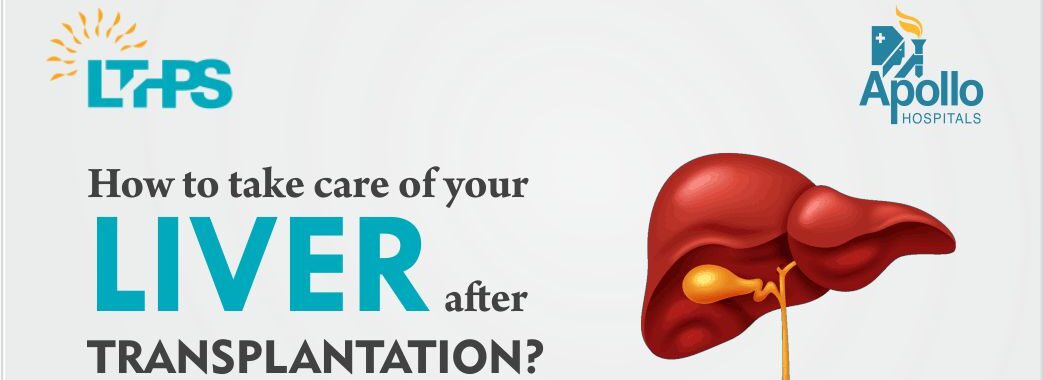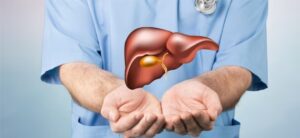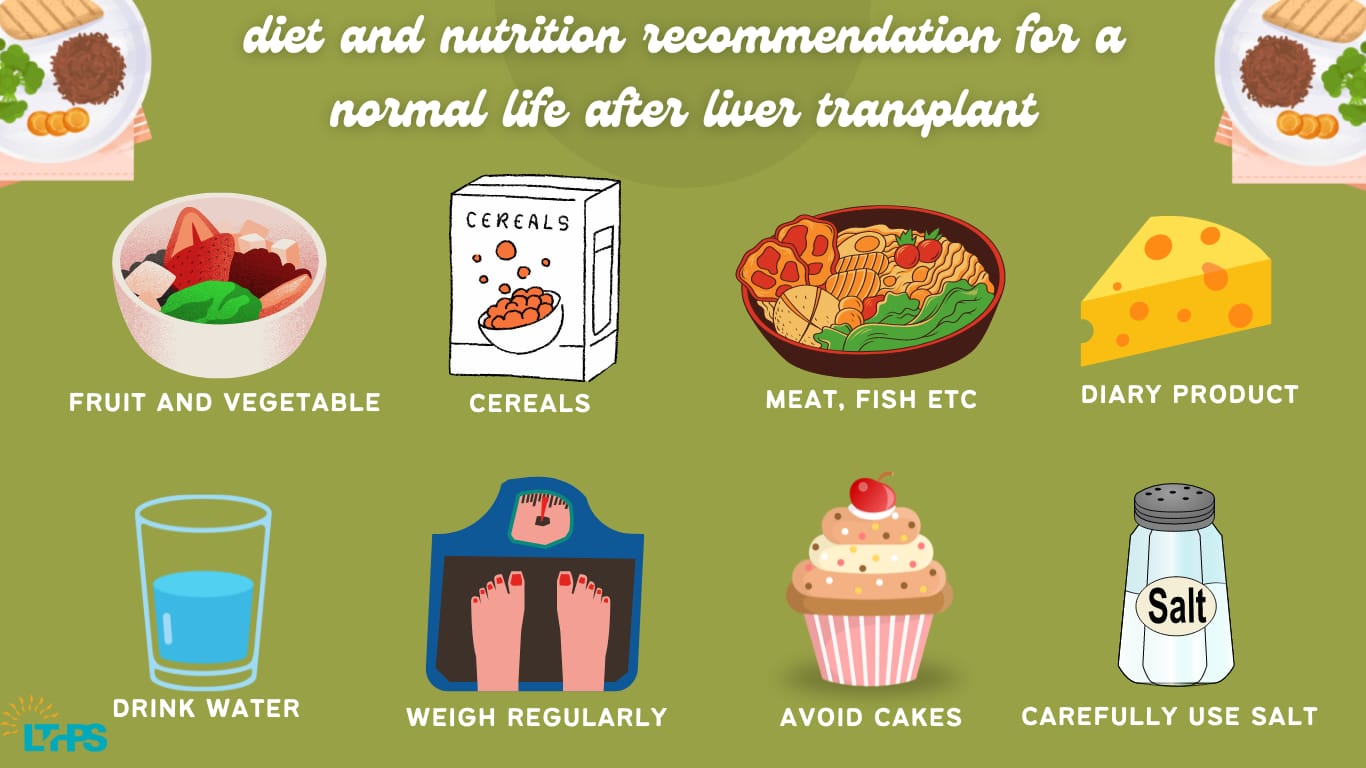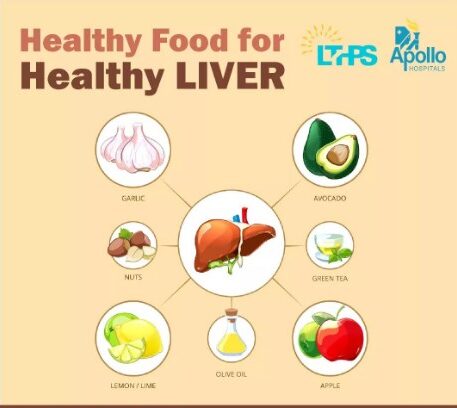The liver transplant has emerged as a cutting-edge therapy for those with severe liver failure or end-stage liver disease. While replacing a diseased liver with a healthy liver is a successful method to cure liver disease, proper post-operative care is just as crucial to avoid graft rejection, infection after the transplant, and disease progression.
The following measures should be adopted as soon as you are released from the hospital following an effective liver transplant if you want a positive long-term outcome.
Ways to take care of oneself following a liver transplant
You must maintain the best level of fitness and health possible to ensure that the transplant will function for as long as possible. You must also receive ongoing treatment for your transplanted liver.
Skip the alcohol
If you had a liver transplant because of an illness caused by alcohol, you shouldn’t drink alcohol again because doing so could damage your new liver. This holds regardless of whether alcohol was not the primary cause of your liver disease but was deemed to have had a role in it. The rate of liver damage from alcohol after liver transplant is much more rapid than before transplant.
Clean environments
The first step towards successful rehabilitation starts at home. The family member should make sure the dwelling has appropriate ventilation when the patient returns home following a liver transplant. In the first three months after surgery, the patient must wear a mask when entering crowded areas. Practice cleaning your hands after speaking to strangers. The patient should have access to a unique towel.
Nutrition and diet
The patient will have a ravenous appetite after the procedure, which is really a positive sign. The patient must consume a diet high in protein. Water used for drinking needs to be secure, and tap water shouldn’t be consumed without at-home filtration. Salads and raw foods must be ignored. Additionally, one must avoid foods like sweets that could raise blood sugar levels. Often, post-transplant medications will cause blood sugar levels to rise, necessitating the usage of insulin for the first three months. You shouldn’t drink alcohol. Certain fruits which can drive the serum potassium levels up like banana, guava, coconut etc should be taken with caution in the first few months after transplant, since the CNI drugs being used as immunosuppression can increase the serum potassium levels.
Stay away from somebody who has an infectious disease
People who have had liver transplants must refrain from socializing with a lot of visitors since those who are ill can pose a threat and contaminate the patient. Therefore, do not let anybody with the flu, chicken pox, or measles into the room where the individual with the liver transplantation is resting.
Keep pets out of the house.
A liver transplant recipient must prevent interaction with animals. Some pets’ vomit, feces, bird droppings, and urine are contagious and can give individuals with weakened immune systems serious fungal diseases. As a result, it is best to avoid contact with animals to lower the chance of infection.
Adhere to directions
People who have had liver transplants must adhere to the recommendations made by the physician at the time of hospital release. You must refrain from performing strenuous exercises and lifting large objects. It is advised to get up and move around the house and locality, and performing regular tasks might hasten recuperation. Wait until your doctor instructs you to drive a car.




